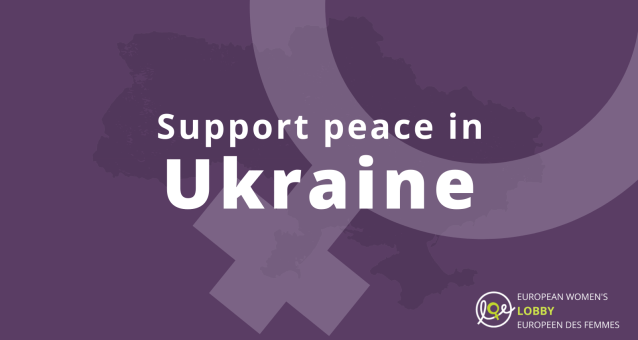[Brussels, 2 April 2015] The nomination – for the first time – of a Vice-President of the European Commission in charge of fundamental rights gave rise to high expectations among citizens and human rights organisations in the European Union. It triggered hopes that the European Union would finally make the respect of fundamental rights enshrined in the EU treaties a priority, not just outside the European Union but also within its borders. We hope the European Commission will live up to these expectations.
Today, on the day of the hearing in the European Parliament on this issue, it is time to take stock of the situation and reflect on what the next steps will be to ensure respect of fundamental rights in the EU. This is the first time the new European Parliament will be dedicating a hearing to this issue (as well as a parliamentary report) and it is to be hoped it will set in motion concrete measures to safeguard the fundamental rights of EU citizens, residents and migrants.
Trends to prioritise security over freedoms, to cut ‘red tape’ and drop initiatives to further promote equality are worrying.
Despite progress made, there continues to be serious gaps in both the EU fundamental rights and equality legislation and its enforcement. This is all the more worrying in the current context of austerity, which is having a disproportionate impact on groups at risk of discrimination as well as adverse effects on equality policies.
Measures reducing the level of public support to employment, pensions, education and vocational training, health and long-term care, families and children or social benefits have a more dramatic impact on people in poverty and people who are at higher risk of discrimination.
Crucially, the fiscal austerity programmes that took hold in more than 90 percent of advanced economies since 2009 have contributed consistently to declining employment. Countries that experienced the strongest fiscal tightening also experienced highest increases in youth unemployment.
The resulting employment crisis has made precarious work more common among all groups already at risk of discrimination when accessing jobs. We also witness further discriminatory measures such as restricting access to unemployment benefits or differentiating minimum wages by age, such as lower wages for young people in the UK and Greece.
Across Europe, more than 26 million children are at risk of poverty or social exclusion.
Budgetary cuts directly reinforce the negative impact of austerity on equality and non-discrimination and also on the capacity of public services to address these issues. As equality is regarded as coming second to many other policy priorities, cuts in national and European funding have disproportionately affected certain social services, including in certain countries equality bodies.
In Ireland, for example, the budget of the Equality Authority was cut by 43 percent in 2009. In other cases, austerity measures have had an openly discriminatory effect, for instance the Spanish government’s decision to deprive 150,000 irregular migrants from universal access to public healthcare, despite broad opposition from experts and civil society. In Greece austerity measures have had an adverse effect on older persons and resulted in significant degradation of the living standards and conditions of many pensioners .
In this context, European institutions must not forget their responsibility to uphold fundamental rights and demonstrate real commitment in addressing the root causes of poverty, social exclusion, discrimination and inequalities.
The EU should ensure comprehensive and strategic thinking on both enabling the EU to respond to human rights violations within its own borders and ensuring Member States’ active promotion of human rights.
Steps to ensure compliance of EU legislative and policy proposals with the EU Charter of Fundamental Rights should be strengthened, and impact assessments of any European Commission proposal should give stronger consideration to fundamental rights compliance.
Targeted action is needed to ensure concrete outcomes and show the European Union’s ability to lead on fundamental rights.
This leadership needs to be unequivocal, both inside and outside the EU’s borders. This message needs to be heard, and felt, by the citizens of Europe and, in particular, the groups we represent. Otherwise, the consequences of austerity will be allowed to penetrate for generations to come.
This article is signed by: AGE Platform Europe; European Disability Forum; European Network Against Racism; European Youth Forum; European Women’s Lobby; ILGA-Europe – the European Region of the International Lesbian, Gay, Bisexual, Trans and Intersex Association; International Rehabilitation Council for Torture Victims; Save the Children EU Office and Social Platform


